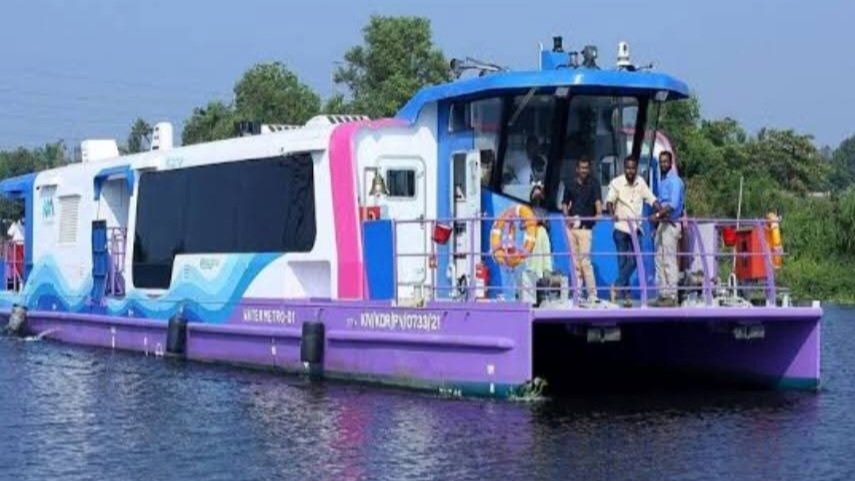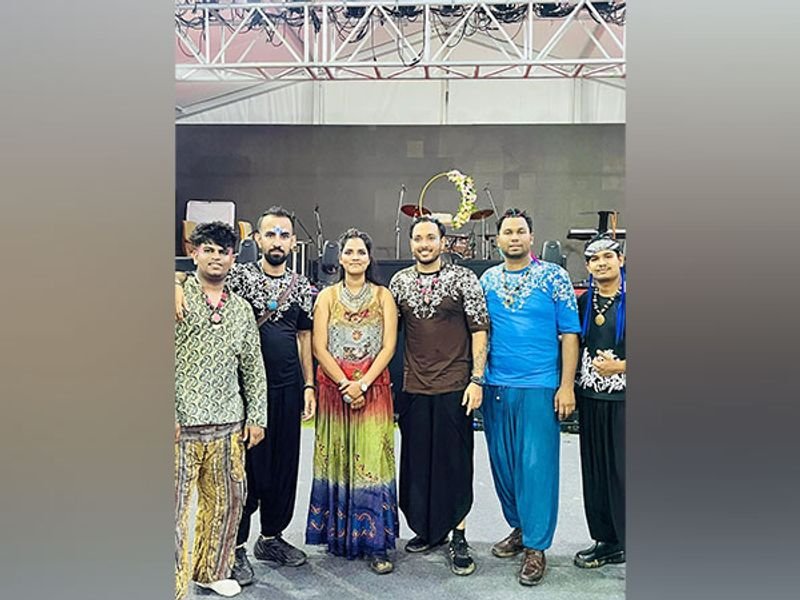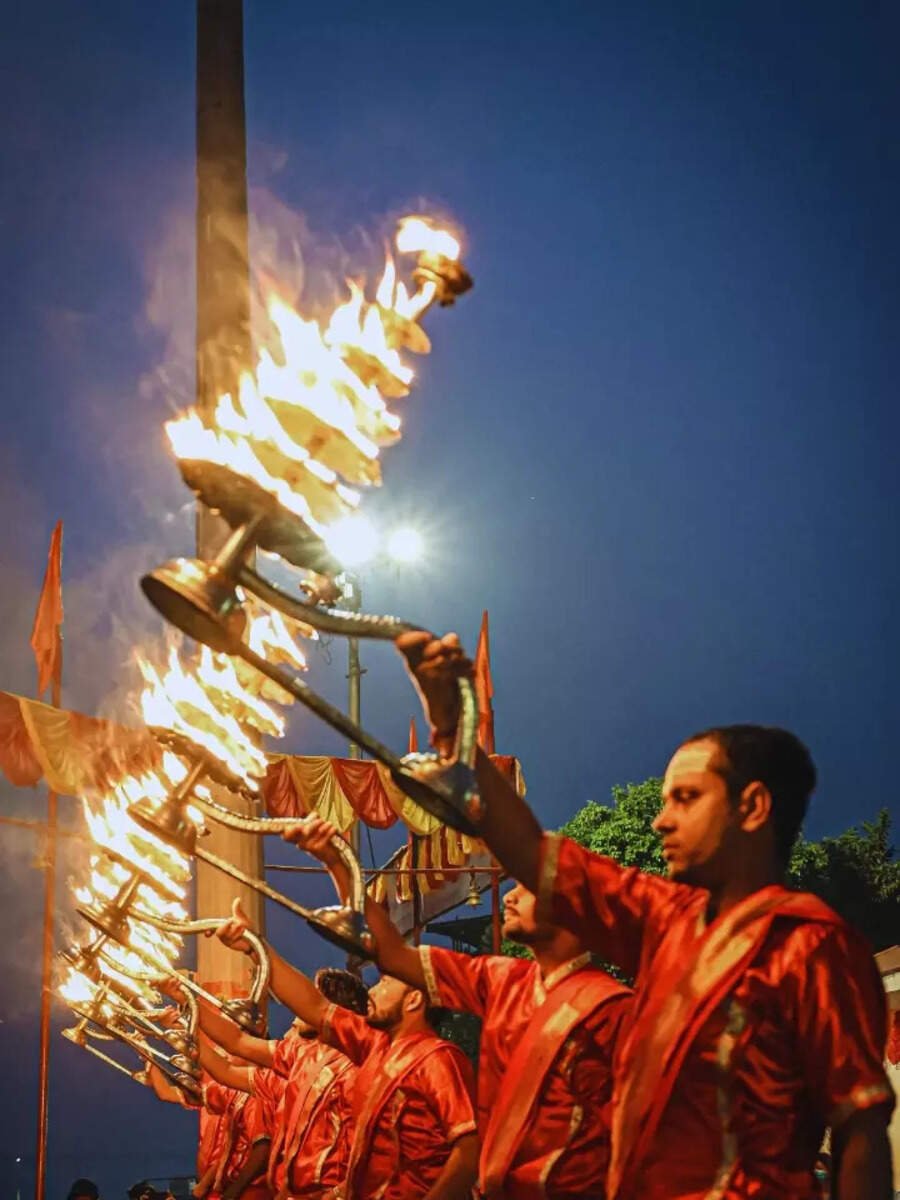Spiritual Travel
UM Today | Students | Providing Spiritual Care for Everyone: Meet the Spiritual Care and Multi-Faith Centre’s Humanist Chaplain Trevor Lehmann

April 22, 2025 —
The University of Manitoba’s Spiritual Care and Multi-Faith Centre (SCMFC), led by the Spiritual Care team, offers spiritual support and programming for students. Open to all students, the SCMFC contributes to student wellness and care through their services. Students may think that faith is an individual experience, or that the SCMFC only represents the voices of religious students, but that is far from the truth. Just as mental health and a sense of community are important pillars of student wellbeing, so is understanding one’s’ place in the world and seeking guidance for some of the more difficult questions students may have. Through interfaith workshops and programming, the SCMFC brings students from various backgrounds together, and ensures everyone feels welcome on campus.
If students are ever in search of spiritual or introspective advice, the SCMFC can direct them to one-to-one counsel with the appropriate spiritual care provider. UM has spiritual care providers for Muslim students, Jewish students, and students of students various Christian denominations such as Lutheran, Mennonite, Ukrainian Orthodox, Catholic, and Anglican (the latter two being provided by St. Paul’s College and St. John’s College, respectively) The university also hosts Elders-in-Residence who lead Indigenous centred cultural teaching sessions, ceremonies, and consultation with students.
For irreligious students, the SCMFC still has a role in connecting students to spiritual guidance. Trevor Lehmann has recently been appointed as humanist chaplain for UM’s SCMFC and offers support for students grappling with large, complex, or difficult questions. Commenting on the role of a chaplain, Lehmann summarizes the chaplaincy at UM as follows: “A common misconception is that we [spiritual care providers] have proselytizing role but that is not the case. We draw from our spiritual world view but support students in finding a spiritual world view that meets their needs.”
The focus on spiritual guidance is one often neglected by students. As more Canadians identify as irreligious, especially amongst the younger generation, questions of spirituality, faith, and questions of meaning—typically the domain of religious institutions—are underrepresented for some. Lehmann stresses that “individuals without religious affiliation still grapple with questions of meaning, relationships, ethics, isolation, and other existential concerns.” For him, his role is “providing support and community for staff and students interested in exploring these issues and supporting them in coming to conclusions that can support them in their life going forward.” Taking a spiritual, but non-religious approach, students and staff can better understand themselves and the world around them.
Each individual comes in with their own concerns or questions, and Lehmann explains that there is no one size fits all for helping guide those with questions. As a Humanist chaplain, however, Lehmann facilitates a mutual exploration of those seeking guidance and “Humanist ideas that relate to the 4 E’s”:
- Existential: Questions pertaining to meaning or purpose
- Ethical: Decision-making when there is conflict between values or one’s morals
- Emotional: Creating space to explore beliefs within the full range of emotions.
- Equity: A safe space to inform and support all identities.
Lehmann has been involved with UM for a number of years and brings what he learned from both his education and professional experiences to his support role. During his MEd in Counselling Psychology, he provided interfaith support to patients at the Health Sciences Centre. Upon his return to UM, he participated in interfaith dialogues with the Spiritual Care and Multi-Faith Centre to support staff and students. Recently appointed to Humanist chaplain, his “experience continues to be one of continuous learning as we explore how to best connect students and community, build relations and support people on the journey of life.”
In addition to the work of chaplains and support staff, the SCMFC can connect students to sacred places on campus. These spaces are welcoming environments to support students of various faith backgrounds in their day-to-day life and in addressing spiritual questions. The SCMFC also engages in regular programming, so keep an eye on the website to keep up to date with any wellness events, interfaith dialogues, or supports for students.
To connect with the SCFMC, students can contact the centre via e-mail spiritual care[at]umanitoba.ca or by calling the centre at 204-474-9721. The SCFMC can direct students to the appropriate spiritual advisor for the questions they are grappling with. The centre is open to all, and welcomes people of all backgrounds.
Spiritual Travel
Bilaspur Set to Transform into Himachal’s Ultimate Adventure and Spiritual Hub

Move over, Manali and Shimla! Bilaspur is gearing up to become the state’s next big tourism hotspot, blending adrenaline-pumping adventures with serene spiritual experiences. The district administration has rolled out ambitious plans to develop water, land, and aerial tourism, promising something for thrill-seekers, pilgrims, and nature lovers alike.
A Sky-High Attraction: The Glass Bridge
Imagine walking on a transparent bridge, suspended high above breathtaking landscapes—Bilaspur’s upcoming Glass Bridge at Bharari will do just that! Designed to rival global attractions, this engineering marvel will offer daredevils an unforgettable experience while giving tourists a reason to extend their stay. Officials confirm the blueprint is ready, and construction will kick off soon after final approvals.
Sailing Through Scenic Routes: The Water Metro
Pilgrims visiting Maa Naina Devi will soon have a faster, more scenic journey thanks to the proposed Water Metro, connecting Bhakra Ghat to Kosariya Ghat. This isn’t just about convenience—it’s about turning travel into an experience. Devotees and tourists can hop on boats, enjoy the tranquil waters, and even transport their vehicles via waterways.
Jet Skis, Kayaking & More: Water Sports at Nakrana
Bhakra Dam’s pristine waters are about to get a lot more exciting! The district is eyeing water sports like jet skiing, kayaking, and boating to attract adventure junkies. The best part? Pilgrims heading to Naina Devi can now add a splash of adventure to their spiritual trip.
Bharari – The New Stopover Destination
Strategically located near Shimla, Manali, and Dharamshala, Bharari will soon feature modern tourist hubs with food plazas, parking, rest areas, and info centers. No more cramped pit stops—just smooth, comfortable breaks for travelers.
Listening to Locals: Boaters Get a Voice
Deputy Commissioner Rahul Kumar made sure local boat operators were heard during inspections, promising quick fixes to their concerns. This people-first approach ensures tourism growth benefits everyone.
Bilaspur’s transformation isn’t just about flashy infrastructure—it’s about jobs for youth, better travel experiences, and putting this hidden gem on India’s tourism radar. With projects set to launch soon, the district is poised to become a must-visit for those seeking adventure, spirituality, and untouched natural beauty.
Spiritual Travel
Shiva Tribe Debuts in Gurgaon’s Tikli-Raiseena: IMPC’s Bold Step to Merge Spirituality, Rural Tourism, and Modern Family Wellness

VMPL
New Delhi [India], August 4: In the lush rural landscape of Tikli-Raiseena near Gurgaon, a new chapter in India’s spiritual and rural tourism ecosystem quietly unfolded. The International Mandir Prabandhak Committee (IMPC) launched its ambitious spiritual wellness initiative–Shiva Tribe–an experience-driven, immersive space designed to reconnect Gen Z and modern families with India’s timeless spiritual roots.
Set against the tranquil backdrop of Haryana’s Aravalli fringes, Shiva Tribe is more than a mandir–it is a curated journey of self-discovery, holistic wellness, and cultural revival, seamlessly merging ancient wisdom with modern aspirations. The inaugural three-day Pran Pratishtha Mahotsav was held in July, graced by spiritual luminaries including Pujya Shri Sudhanshu Ji Maharaj, Pujya Shri Dayanand Ji Maharaj, and dignitaries such as Haryana’s former Minister Shri Om Prakash Dhankar. Business leaders, rural development advocates, and spiritual patrons attended in significant numbers–signaling a rising interest in faith-based tourism models.
Spiritual Tourism: India’s Growing Wellness Sector
India’s spiritual tourism market is undergoing a silent revolution. According to the Ministry of Tourism, the wellness and spiritual tourism segment is projected to reach USD 30 billion by 2028, growing at a CAGR of over 10%. With over 330 million domestic religious tourists recorded annually and rising international interest in authentic Indian experiences, initiatives like Shiva Tribe have the potential to create high-value, low-impact tourism models in rural belts–generating employment, fostering entrepreneurship, and revitalizing local economies.
“In today’s fragmented lifestyle, families are searching for meaningful escapes–not just vacations. Shiva Tribe is that sacred pause–a place to reconnect, reflect, and realign, together,” said Dr. Preet Sandhuu, mentor of the project and a key voice in India’s contemporary spiritual movement.
A New Blueprint: Spirituality Meets Community Living
Unlike traditional spiritual centers, Shiva Tribe offers a complete spiritual-eco retreat–including weekend live devotional music by its in-house ‘Shiva Tribe Band’, yoga sessions, mantra-infused meditations, Vedic rituals, and stay facilities for families. It’s a full-circle experience designed to inspire urban youth and families alike to step into a more conscious, value-driven lifestyle.
“Here, spirituality is not a sermon–it’s an experience,” said Shri MP Singh, project visionary and founder of ShivaTribe. “We want to build a network of such community-driven centers across rural India, using temple heritage as a catalyst for rural rejuvenation and youth engagement.”
Rural Regeneration Through Faith
The Tikli model aligns with India’s rural tourism policy goals by transforming underexplored rural regions into mindful tourism destinations. With over 60% of India’s population residing in villages, initiatives like this leverage India’s spiritual capital to promote rural entrepreneurship, handicrafts, organic farming, and ecotourism–creating a sustainable rural economy rooted in culture and community.
IMPC’s Broader Mission
The International Mandir Prabandhak Committee (IMPC), known for initiatives like the Mahasangam Yatra, Trisul Yatra and Shiv-Shakti Kendras, is rapidly becoming a bridge between India’s ancient temple traditions and its digital future. Its work focuses on temple modernization, spiritual leadership development, and community revival–backed by collaborations with scholars, saints, and civic leaders.
By anchoring the Shiva Tribe initiative in Tikli, IMPC demonstrates how faith-based community models can attract tourism, foster economic inclusion, and support national goals like ‘Viksit Bharat’ and ‘Digital Bharat’.
Shared by
(ADVERTORIAL DISCLAIMER: The above press release has been provided by VMPL. ANI will not be responsible in any way for the content of the same)
(This content is sourced from a syndicated feed and is published as received. The Tribune assumes no responsibility or liability for its accuracy, completeness, or content.)
Spiritual Travel
10 oldest temple towns in India for spiritual getaways – The Times of India

10 oldest temple towns in India for spiritual getaways The Times of India
Source link
-

 Brand Stories2 weeks ago
Brand Stories2 weeks agoBloom Hotels: A Modern Vision of Hospitality Redefining Travel
-

 Brand Stories1 week ago
Brand Stories1 week agoCheQin.ai sets a new standard for hotel booking with its AI capabilities: empowering travellers to bargain, choose the best, and book with clarity.
-

 Destinations & Things To Do2 weeks ago
Destinations & Things To Do2 weeks agoUntouched Destinations: Stunning Hidden Gems You Must Visit
-

 Destinations & Things To Do1 week ago
Destinations & Things To Do1 week agoThis Hidden Beach in India Glows at Night-But Only in One Secret Season
-

 AI in Travel2 weeks ago
AI in Travel2 weeks agoAI Travel Revolution: Must-Have Guide to the Best Experience
-

 Brand Stories1 month ago
Brand Stories1 month agoVoice AI Startup ElevenLabs Plans to Add Hubs Around the World
-

 Brand Stories3 weeks ago
Brand Stories3 weeks agoHow Elon Musk’s rogue Grok chatbot became a cautionary AI tale
-

 Asia Travel Pulse1 month ago
Asia Travel Pulse1 month agoLooking For Adventure In Asia? Here Are 7 Epic Destinations You Need To Experience At Least Once – Zee News
-

 AI in Travel1 month ago
AI in Travel1 month ago‘Will AI take my job?’ A trip to a Beijing fortune-telling bar to see what lies ahead | China
-

 Brand Stories2 weeks ago
Brand Stories2 weeks agoContactless Hospitality: Why Remote Management Technology Is Key to Seamless Guest Experiences
